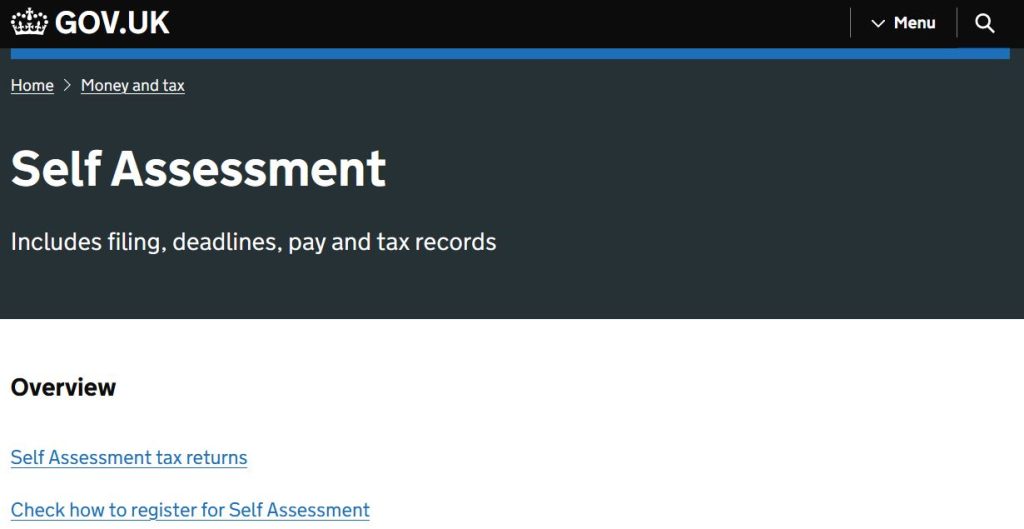
2023/24 Tax year end – things to consider
Whether managing your corporate or personal tax affairs, March is a really good time to spend a little while preparing for the impending end of the tax year. As ever, the budget statement on 6th March means a number of changes will take effect from April 6th, requiring due consideration in advance. There are also those perennial matters for which prior planning prevents post-Christmas palpitations – Yes, now is a good time to be thinking self-assessment.









